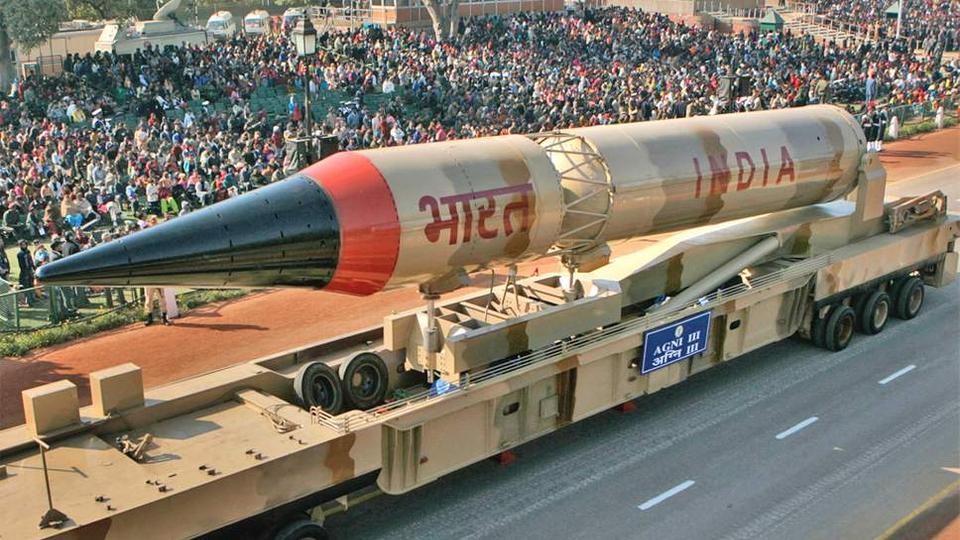The ruling class in Pakistan is concerned that Hindu extreme leaders who have long been fixated on nuclear nationalism now control India’s nuclear arsenal.
At the 8th workshop on Strategic Stability in South Asia, organized by the Centre for International Strategic Studies and The International Institute for Strategic Studies, National Command Authority adviser Lt Gen retired Khalid Ahmed Kidwai expressed the concern, which has been discussed for some time in academic circles, the CISS said in a statement on Monday.
He added that the “toxic mix of poisonous ideology and custody of nuclear weapons” was a new phenomenon that was posing a serious threat to strategic stability in South Asia. “The custodial controls of India’s large triad of the nuclear arsenal have now fallen firmly in the hands of an extremist fundamentalist leadership,” he said.
Gen. Kidwai warned that this development would not only have repercussions for South Asia, which possesses nuclear weapons, but also for the rest of the globe.
Prime Minister Narendra Modi, who has maintained an aggressive nuclear posture while in power, is in charge of the Indian National Command Authority, the country’s senior nuclear organization. Ajit Doval, a national security adviser and fellow hawk who oversaw Delhi’s surgical strikes drama in 2016, is the head of the NCA’s executive council. In addition, a few ministers with RSS backgrounds are also NCA members. Amit Shah, the home minister, and Rajnath Singh, the defence minister, are among them.
PM Modi has discussed the applicability of nuclear weapons during his public rallies. The nuclear doctrine has changed while Modi has been in power, according to his ministers and former senior officials, although they later contradicted this. On other times, his ministers have likewise said inflammatory and reckless things.
The threat posed by radicals possessing Indian nuclear weapons, according to Gen. Kidwai, has “assumed a real-life character and velocity of its own.” He pointed out that the crisis had an impact outside of only the immediate area.
PM Modi has discussed the applicability of nuclear weapons during his public rallies. The nuclear doctrine has changed while Modi has been in power, according to his ministers and former senior officials, although they later contradicted this. On other times, his ministers have likewise said inflammatory and reckless things.
The threat posed by radicals possessing Indian nuclear weapons, according to Gen. Kidwai, has “assumed a real-life character and velocity of its own.” He pointed out that the crisis had an impact outside of only the immediate area.
He cautioned against entering into a similar agreement with India, citing the so-called AUKUS submarine deal, under which the US and UK would transfer nuclear technology to Australia for the construction of nuclear attack submarines.
Gen. Kidwai noted that exceptionalism had frequently been used in South Asia in the past despite Pakistani concerns. “I have no hesitation in stating that minimum Pakistani counter measures would be put in place if a reckless imbalance is induced in South Asia; it is not a warning, it is a contingency foreseen,” he said.










